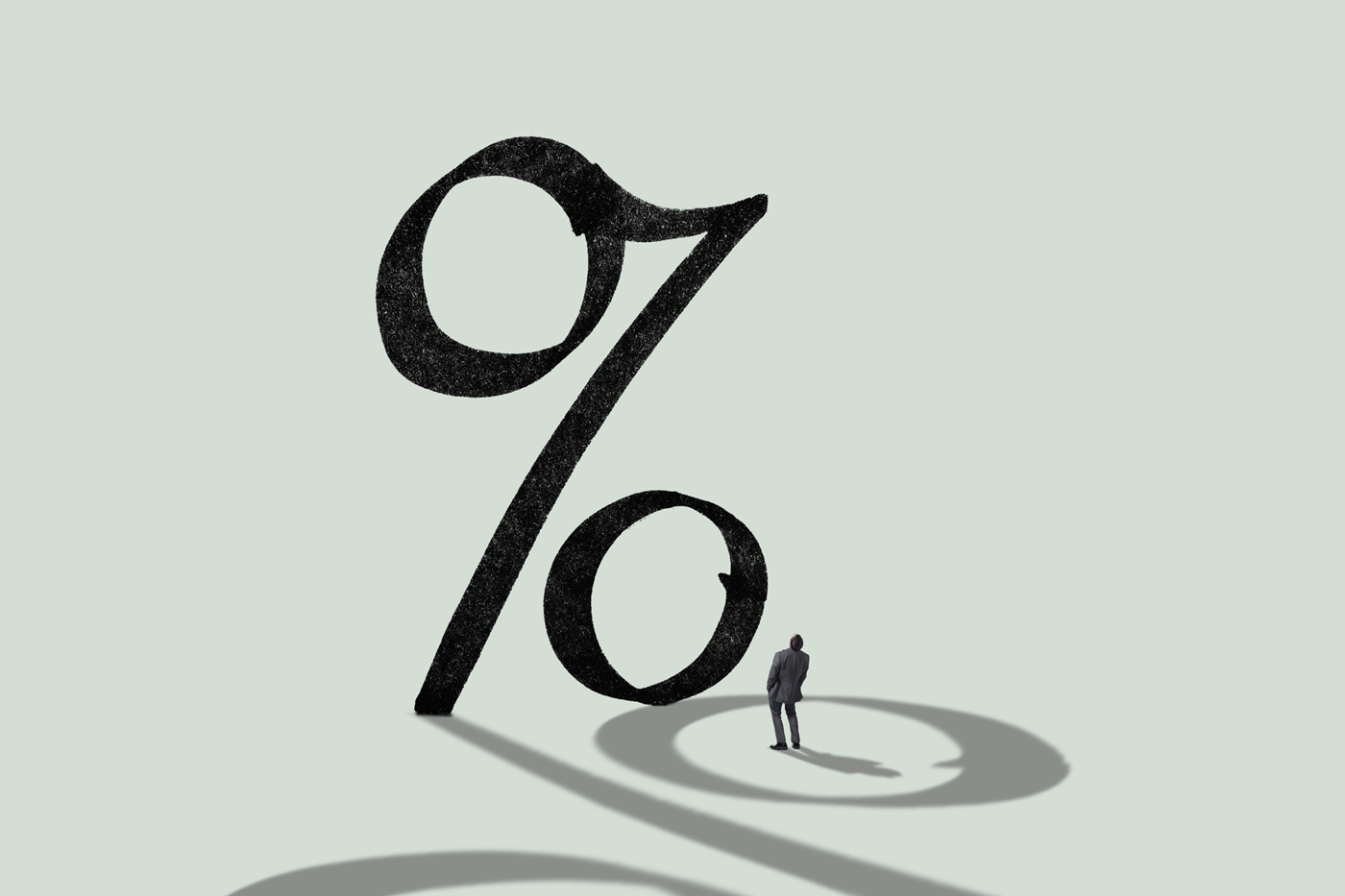
Canada’s headline inflation reading continued to fall in November, but core inflation rose, increasing the potential for an additional Bank of Canada rate hike in January.
The headline Consumer Price Index (CPI) continued to slow to an annual growth rate of 6.8% in November, just a tick down from 6.9% in October, according to data from Statistics Canada.
But the average of the Bank of Canada’s three preferred measures of core inflation, which excludes food and energy prices, rose to 5.4% from an upwardly revised reading of 5.3% for October.
“Inflation is easing, but progress in November was slower than expected,” CIBC economist Andrew Grantham noted.
While the headline reading eased slightly and was just a tick above the consensus expectation, “of greater concern to policymakers…is that the easing in core measures of inflation (including CPI-trim, median and ex food/energy) appears to have stalled at levels still above those that would be consistent with a 2% inflation target,” he added.
Rising interest costs helping to drive inflation
Rising shelter costs contributed to the higher-than-expected inflation reading, with overall shelter costs up 7.2% year-over-year.
Within that category, mortgage interest costs were up 14.5%, “amid the higher interest rate environment,” Statistics Canada noted. This was the largest increase for this category since 1983.
Rent, meanwhile, is 5.9% above year-ago levels, with the fastest acceleration regionally in Prince Edward Island (+12.6%), British Columbia (+7.2%), Quebec (+5.3%) and Ontario (+7.1%).
These increases were balanced by a continued moderation of “homeowners’ replacement cost,” which is related to the cost of new homes. That was up 5.8%, down from a peak growth rate of over 13.6% last December.
The “other owned accommodation expenses” basket, which includes real estate commissions, was up just 3.7% (vs. 12.2% in June and a peak of 17.2% in April) as home prices continue to decline.
Both of these indexes have been slowing every month since May, reflecting a “general cooling of the housing market,” StatCan added.
The potential for a January rate hike
After hiking interest rates by 400 basis points this year, the Bank of Canada has indicated it will be watching economic data closely in the coming month to determine whether further rate hikes are needed.
While the Bank has one more inflation report in January before its next rate decision, some economists, including TD’s Leslie Preston, believe a further quarter-point rate hike could be warranted next month given that the “battle against inflation [is] not yet won.”
“We expect the Bank to hike a quarter point [on January 25], and then take a pause to assess the cumulative impact of a year of dramatic tightening on the economy,” she wrote.
BMO’s Douglass Porter agrees, noting that the Bank of Canada’s efforts to rein in inflation is “proving to be an achingly slow process.”
“While lower pump prices will help chop next month’s rate, the fact that many measures of core inflation are still nudging higher is a clear warning sign of persistent underlying pressures,” he wrote.
“We are leaning to the view that the Bank of Canada hikes rates one more time in January to 4.5%, and this firm report does nothing to doubt that call. If anything, the stickiness in core trends around 5% or higher hints at the possibility of even further rate hikes later on—and that’s something nobody is talking about.”
Others still see the overall trend in inflation readings as heading in the right direction, which could support a rate pause at the Bank’s next meeting.
While the core inflation readings are still at an “uncomfortable level,” National Bank economists Matthieu Arseneau and Alexandra Ducharme note it still marks an improvement compared to earlier in the year.
“The recent trend is encouraging, as evidenced by the three-month annualized variation of CPI-Trim (3.9%) and CPI-Med (3.6%), compared to above 7% earlier this year,” they wrote in a research note.
“As such, this morning’s data does not change our view that the Bank of Canada needs to take a pause following the extremely aggressive tightening orchestrated in 2022,” they added. “Granted, we would have welcomed a greater deceleration in headline inflation, but early indicators tell us that is imminent.”